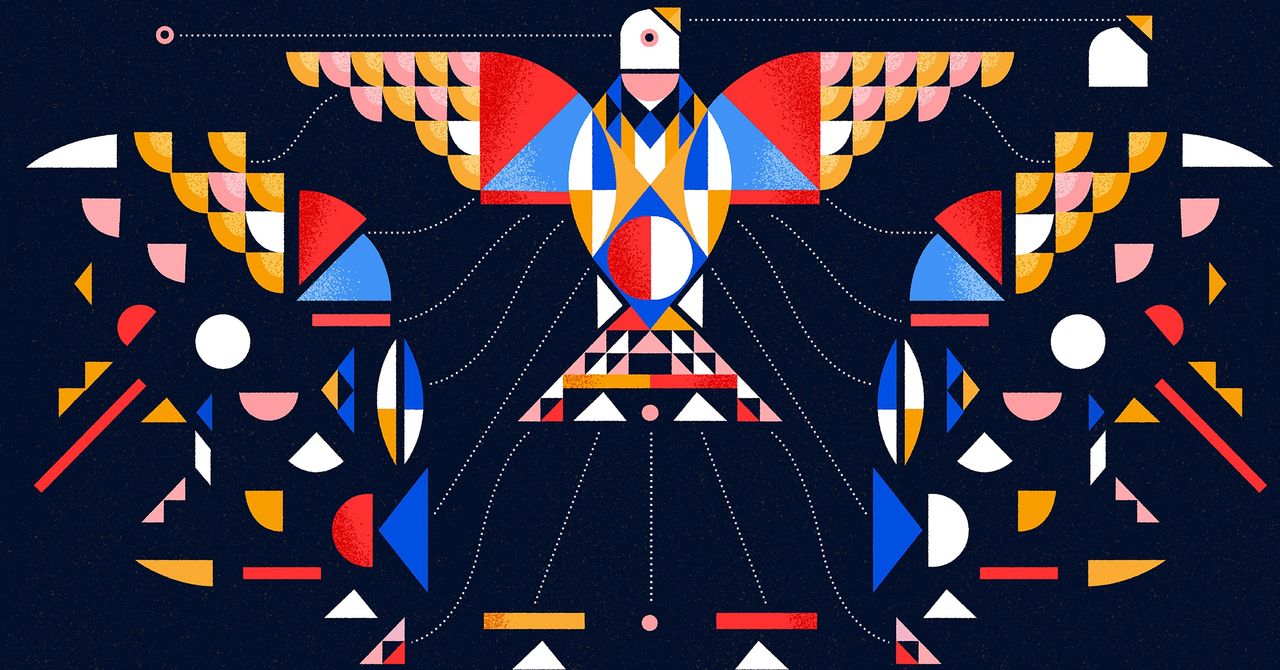A New Law of Nature Attempts to Explain the Complexity of the Universe

In 1950, Italian physicist Enrico Fermi pondered the possibility of intelligent alien life. He argued that if such civilizations exist, they should have had ample time to spread across the cosmos. Yet, where are they? This dilemma, known as Fermi's Paradox, prompted several explanations, ranging from civilizations destroying themselves to the rarity of intelligent life.
A new theory by an interdisciplinary team of researchers offers a different perspective. They propose a new law of nature suggesting that the complexity of entities in the universe inevitably increases over time, similar to the second law of thermodynamics which dictates the rise in entropy. If true, complex life and intelligence should be widespread.
According to this principle, evolution, rather than being unique to biological processes, is part of a general principle governing the universe, where entities are selected for their ability to perform functions efficiently.
This hypothesis, put forth by mineralogist Robert Hazen and astrobiologist Michael Wong, has sparked debate. Some experts view it as part of a larger understanding of nature's laws, suggesting that physics alone can't predict phenomena as evolution introduces unforeseen novelties.
The idea posits that complex structures evolve due to selection favoring those rich in functional information—a concept that measures the information needed for an entity to fulfill a function.
While supporters believe it offers a narrative for understanding complex systems, detractors point out its challenges, particularly its untestable nature. Despite this, the idea holds promise, drawing interest from various fields like astrobiology and oncology.
Functional information could be key to understanding the complexity of systems ranging from minerals to consciousness. This potential increases the likelihood of complex, intelligent life being more than a rare occurrence in the universe.
While traditional views like those of Ernst Mayr suggest intelligent life is improbable, this theory challenges such notions. It implies that the universe naturally evolves towards complexity, perhaps driven by laws yet to be discovered.
This overarching view, though speculative, beckons us to rethink our understanding of evolution and complexity, hinting at profound implications for finding life beyond Earth and redefining principles governing everything.